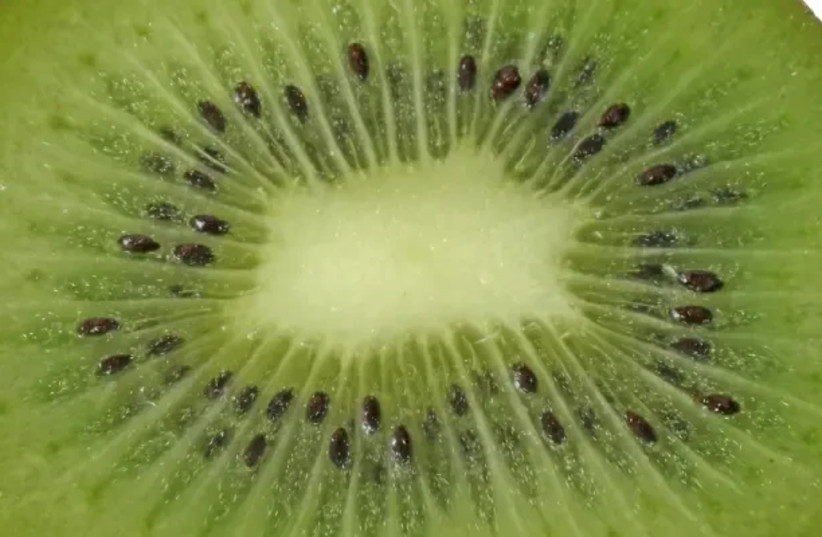Petting furry dogs and cats are known to improve one’s state of mind, but does eating furry fruit have the same effect? Kiwi fruit has proven itself as a powerful mood booster, according to researchers at the University of Otago in New Zealand.
Wait a minute! New Zealand has an affectionate nickname – Kiwi – that comes from the small flightless bird native to that far-off country consisting up of two main islands and more than 700 smaller ones. During World War I, New Zealand soldiers were given the nickname and more than 100 years later New Zealanders are still called Kiwis. Could those researchers be prejudiced?
No, it’s scientific. A study just published in The British Journal of Nutrition under the title “Smartphone survey data reveal the time course of changes in mood outcomes following vitamin C or kiwi fruit intervention in adults with low vitamin C” has found that the furry fruit improved vitality and mood in as little as four days.
A small change of diet
Co-author professor Tamlin Conner of the university’s psychology department said the findings provide a tangible and accessible way for people to support their mental well-being. “Kiwi fruit is a nutrient-dense fruit that is relatively high in fiber, folate (vitamin B9) and potassium, all of which have been linked to mental health outcomes. It is an excellent source of vitamin C, which has shown a dose-dependent reduction in depression and total mood disturbance in young men who consume low levels of fruit and vegetables. It’s great for people to know that small changes in their diet like adding kiwis could make a difference in how they feel every day.”

Vitamin C intake has been linked with improved mood, vitality, well-being, and lower depression, while vitamin C deficiency is associated with higher depression and cognitive impairment. But Conner added that limited research has assessed how quickly mood improvements occur after introducing vitamin C supplements or whole food sources. He and his team aimed to fill that gap with an eight-week dietary intervention of 155 adults with low levels of vitamin C. Participants took daily either a vitamin C supplement, placebo, or two kiwi fruits. They then reported their vitality, mood, flourishing, sleep quality, sleep quantity, and physical activity using smartphone surveys.
The researchers found kiwi fruit supplementation improved vitality and mood within four days, peaking around 14 to 16 days. Vitamin C, on the other hand, marginally improved mood until day 12.
Lead author Dr. Ben Fletcher, who conducted the research at Otago as part of his doctoral work, said that understanding the nuances of when and how these effects occur day-to-day contributes to our knowledge of the potential benefits of vitamin C-rich foods and supplements on mental health. “This helps us see that what we eat can have a relatively fast impact on how we feel. “Our participants had relatively good mental health to begin with so had little room for improvement, but still reported the benefits of kiwi fruit or vitamin C interventions,” he continued.
He added that, while vitamin C tablets showed some improvements, the study underscores the potential synergistic effects of consuming whole foods like kiwifruit. “We encourage a holistic approach to nutrition and well-being, incorporating various nutrient-rich foods into your diet.”
